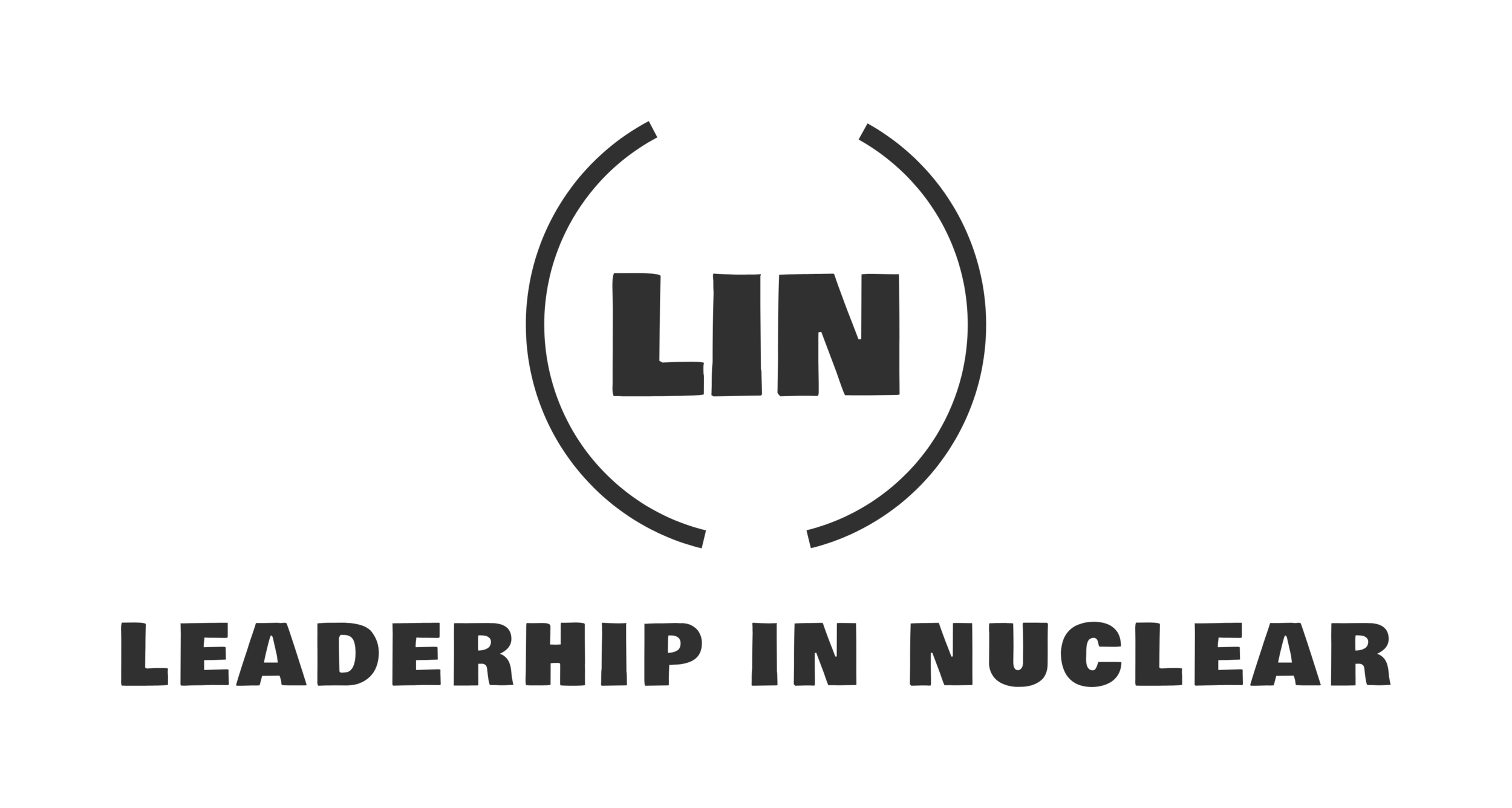Basic leadership skills
When you get your first leadership job, there are some necessary skills you need to know about to be practical. If you already have these skills, you need to practice them into perfection.
Speaking from my own experience, I didn't get it right in the beginning. Nevertheless, if you keep on trying, you will eventually get it.
Here are three necessary leadership skills that you get you started:
Value your people
Without a doubt valuing people is the most important skill of them all. That is why I place this one first. The leader is not there for himself. The leader is there for the people. The first thing people ask themselves is if they can trust the leader. When you show that you care for your people, they will start listening to you.
"People don't care how much you know until they know how much you care."
Be interested in people and value their opinions. However, a leader cannot please everyone.
How to give constructive feedback
1. Communicate the purpose of the meeting.
2. Formulate an open question (a question that you cannot just say yes or no to)
- How do you think it went?
3. Ask to follow up questions to create a dialog
- What do you think went well, and why? What didn't go well?
4. Confirm with your assessment
-I agree with you on…. /I disagree with you on…..
5. Your point of view
-As I see it…. /My personal opinion is….
6. Give your advice
- My advice to you would be…
7. Summarize
8. Decide when you should follow up.
The advantages of a feedback session are many. The person to whom you give feedback, too, gets the chance to reflect. Since reflection is necessary for learning and growing, it is valuable for the person receiving the feedback.
As a leader, you have the opportunity to reinforce positive and correct negative behaviors. The person receiving feedback is going to feel listened too and valued.
The basics for delivering a reprimand
As a leader, you must correct undesirable actions. The aim of a constructive reprimand is that the person will feel motivated and change their behaviors afterward.
1. Start in a positive/neutral way.
-Nice of you to come.
2. Emphasized the importance of the meeting
-I want to underline this meeting's importance, and I feel that we need to find a way forward before leaving.
3. Yes to a principle question, a closed formulated question
- Do you agree on that….
- The answer to the question must be "Yes."
4. Facts
-Deliver facts that describe the difference between the behavior and the principle question in 3.
5. What do you suggest
- What are you going to change in your behavior so that it won't happen again?
-Emphasize that it is the person's behavior you are talking about
- Create motivation and inclusion. Agree upon how you move forward from here. Set up goals and targets to solve the problem.
6. Summarize and agree upon the next step.
7. Agree on when you should meet again.
My experience is that leaders, in general, need to practice these skills. Often the leader doesn't give feedback at all. The employee doesn't know if he/she is doing the right thing. What happens is that the employees try to figure out what to do by themselves.
It can be devastating for a person to know that what they have been doing for a couple of years doesn't create value for the company.
There is a saying that 20 % of the workforce creates 80% of the company's result. Imagine what a little feedback and corrective action can do to productivity.
Almost everyone with the right guidance wants to contribute. It is your job as a leader to see them, value them, and make them feel important to themselves and the company.
Would you like to learn more about leadership skills you can subscribe to my leadership training here.
Remember that you grow yourself into opportunity and if you focus on your personal growth you will double your income.
